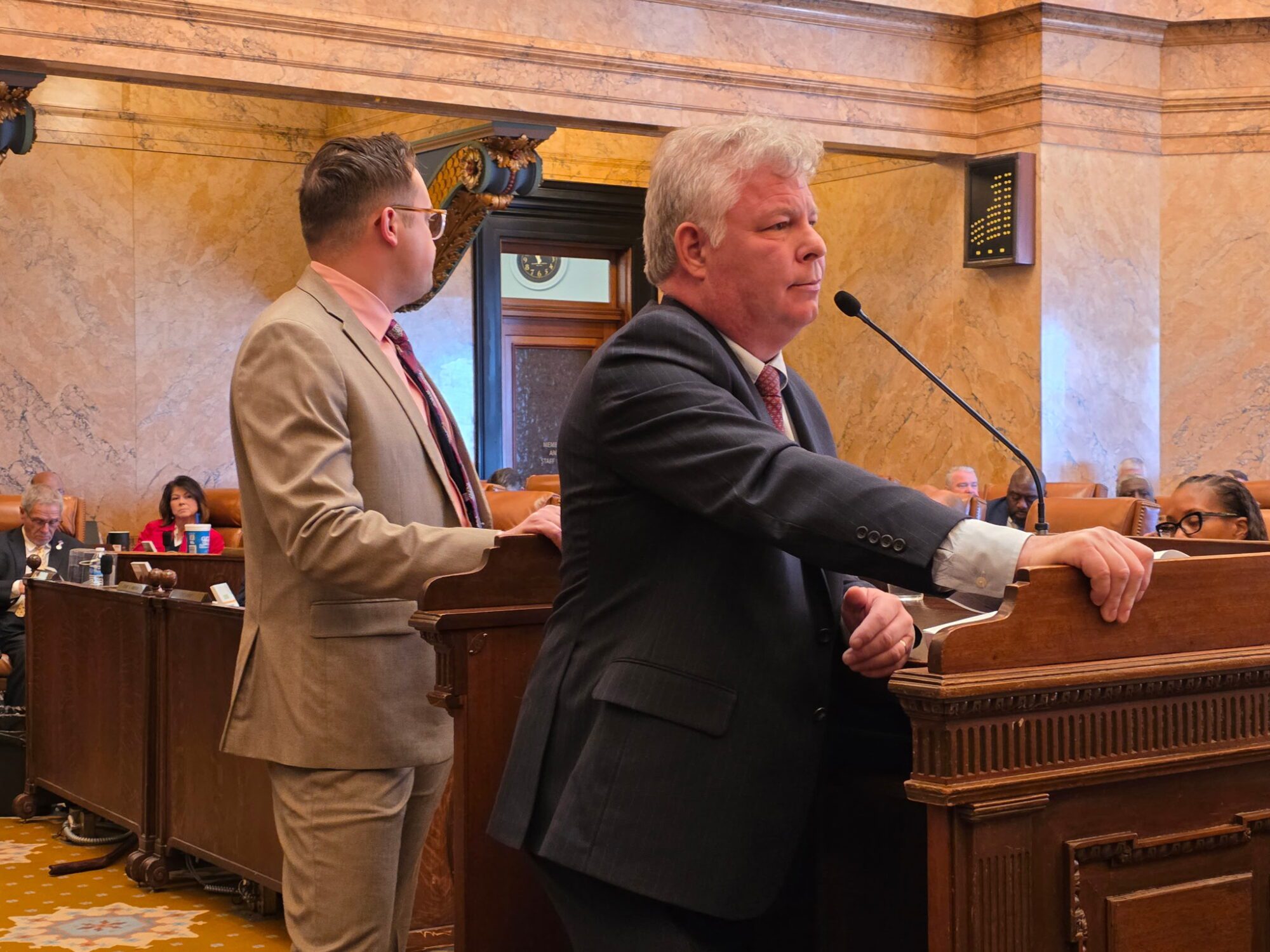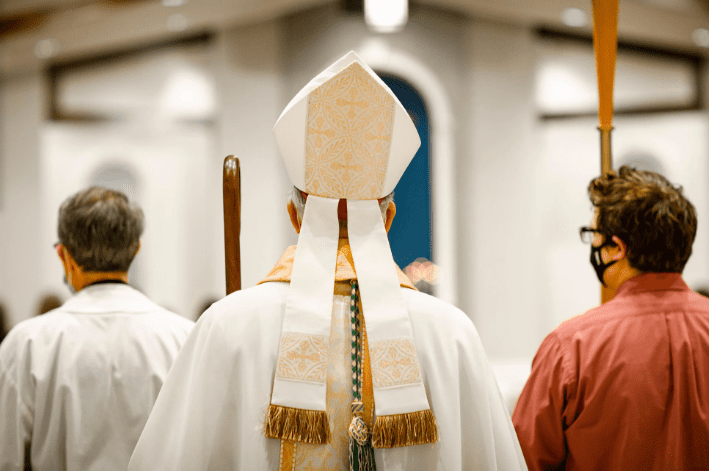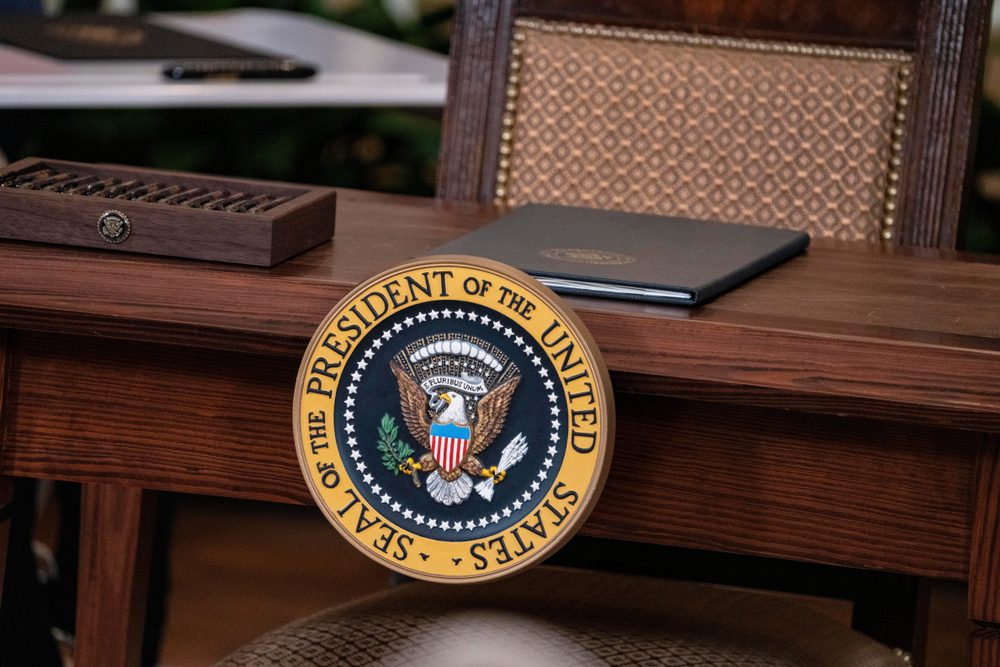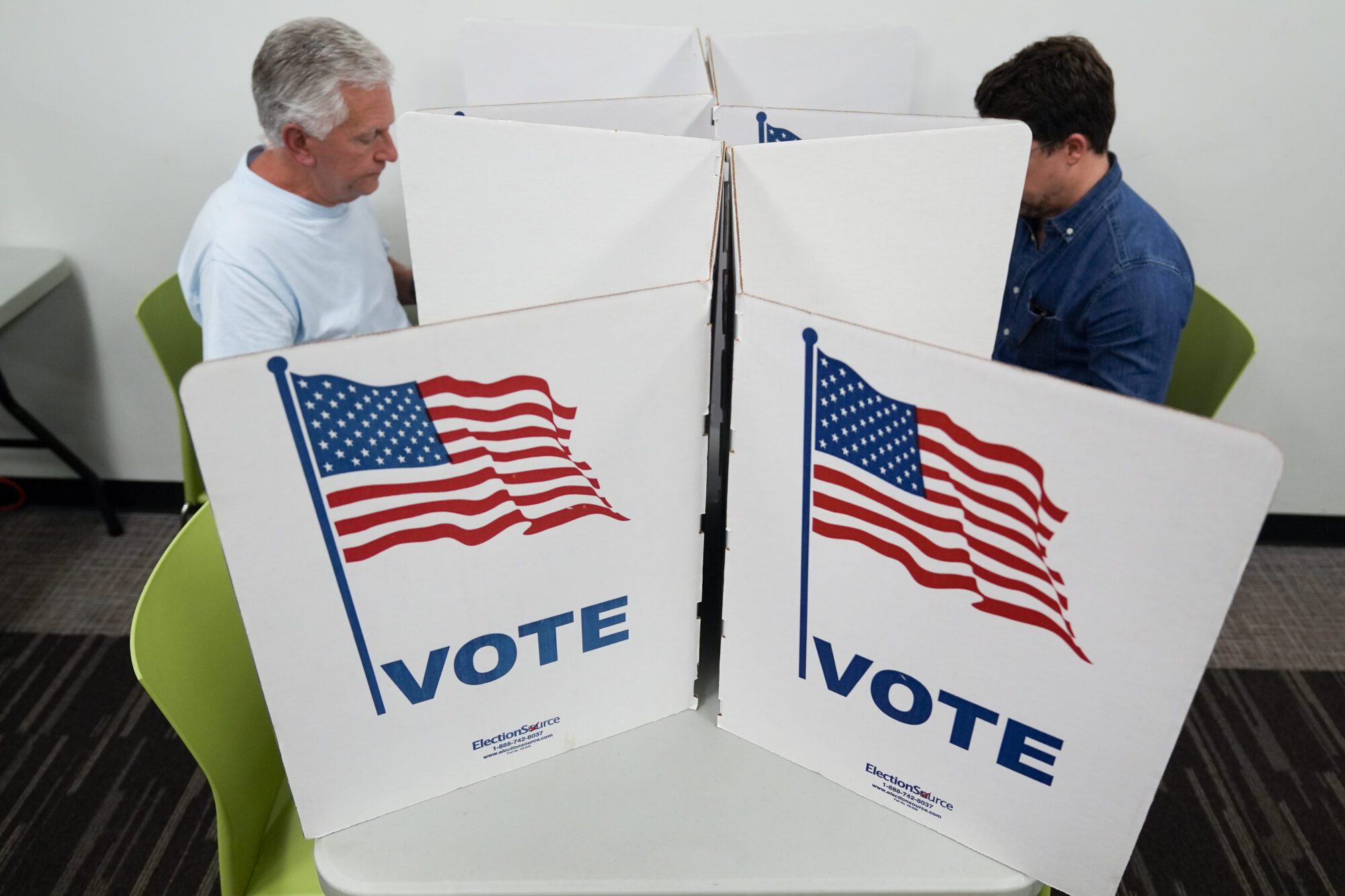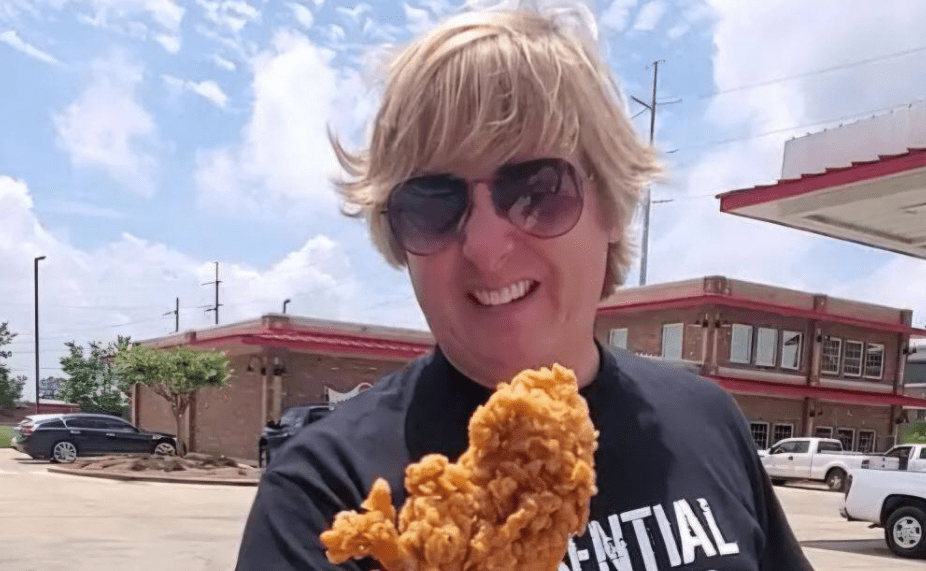
- Several years ago, I invented “Uncle Earl” as a way to explain how “nerdy economics” translate to the real world. With former President Trump proposing new tariffs and both candidates supporting broad tariff policy, I thought I’d dust him off for a second go.
Just down the street from Uncle Earl’s Food Emporium sat Uncle Earl’s “Toyz ‘R Uz.” Earl had been sued by some high fallutin’ outfit out of New York for trademark infringement once, but he didn’t care one lick.
Children for miles around came to Earl’s toy shop. Those other folks sold giraffes. Gangly creatures. Earl’s specialty was rubber ducks — a vast assortment of colors, shapes, and sizes, the likes of which the human eye had never before beheld.
Each duck bore the mark “Hecho en Mexico.” Earl remarked to his bride one night he’d like to meet this Hecho. Betty Sue told Earl “hecho” just meant “made” in Spanish. Earl scoffed to himself that “Made” was a funny name for a feller. Still, ol’ Hecho built a mighty fine duck.
The math was simple, too. It cost Hecho 80 cents to make and ship a duck. Earl paid Hecho 90 cents, and then charged townfolk a dollar. “Ten cents for Hecho. Ten cents for Earl!”
But then things got complicated in the rubber duck trade. In Washington, D.C. — a land of great wisdom, virtue and restraint — leaders had decided to charge a tariff of a dime on every duck imported from Mexico. Hecho, they said, was getting fuller than a tick on a prized mule, all at the expense of Earl and the good people of Itawamba County.
Earl remembered from his one semester of economics at Itawamba Community College that a tariff was a tax charged when importing a product from another country.
Tariffs Threaten the Duck Trade
With the new tariff, it now cost Hecho 90 cents to make and import a duck to America. If he continued to charge Earl only 90 cents, there’d be no pesos left for Lil’ Hecho to eat queso fresco. And Lil’ Hecho LIKED queso fresco!
Hecho raised Earl’s price to 97 cents a duck to cover a portion of the tariff.
“Highway robbery!,” said Earl. So he decided to find an American manufacturer to make his ducks. He knew a guy in Itta Bena. It went wrong. Turnt out, rubber came from a country the U.S. also charged a tariff. Then there were U.S. labor prices, insurance, the EPA, and a nosey Russian bubba named Osha.

RELATED: Uncle Earl Teaches the Dangers of Price Controls
When it was all said and done, Earl’s American duck cost $5 a pop. Worse still, it lacked Hecho’s patented duck smile. That made Earl sad. Earl’s customers couldn’t, or wouldn’t, pay it. His business suffered.
Earl decided to accept Hecho’s 97 cent duck price. Earl raised his own price to $1.05, meaning lil’ Johnny and bratty Jill — trust me — had to cough up an extra nickel above the original price. Earl took a bit of a haircut himself.
“7 cents for Hecho. 8 cents for Earl.” It didn’t have the same ring as before.
The tariff meant less profit for both Hecho and Earl, and a more expensive duck for that brat Jill. “Always a silver lining,” thought Earl as he realized tariffs really do have the natural effect of raising prices on U.S. consumers.
Division of Labor, Good?
Earl still wondered how Hecho could produce a duck so much more cheaply than his failed experiment in Itta Bena? Reflecting back on his one semester of economics at Itawamba Community College, he remembered a concept called “division of labor by comparative advantage.”
It just meant that different people, often in different places, have different skillsets or resources that make them better suited to produce certain kinds of goods and services. People in Costa Rica grow pineapples better than people in Minnesota.
Because of the division of labor and free trade, Americans today have access to a greater variety of goods and services, that make life easier, than at any time in human history. “Hell, you can even get a pineapple at the Emporium in the middle of winter these days,” thought Earl.
Earl remembered a time when people of his MeMaw’s generation did not have as many options and had to do everything for themselves. She grew their food and sewed their clothes. As a child, Earl never saw MeMaw smile. She did pass out in her chair a lot, though.

In this new economy, it seemed to Earl that Americans were good at producing goods and services people were willing to pay good money for. Hecho was good at producing stuff people wanted to pay less for. Purchasing those things instead of making them ourselves left people with time to do other things — like build a tech giant like Facebook, or sit on the commode surfing Facebook for 45 minutes.
Earl wasn’t sure why, but that seemed like an advantage for the U.S. of A.
Hecho’s Tariff Revenge
Unfortunately for Earl, Hecho was still a little miffed about having to take a haircut on each of his ducks. Mexico implemented tariffs of their own on products imported from the United States. They called these “retaliatory tariffs.”
Betty Sue came from cattle farmer stock. Her family raised the best beef east of the Tombigbee and north of Fulton. Or so it was said. Their lengua wasn’t a big seller here, but it made folks south of the border holler. Shipped cases of it every month.
Now, every case had an additional tariff applied to it. As with the ducks, this meant that Betty Sue took a little haircut on her profit, the importer took a little haircut on his, and Mexican consumers had to shell out more pesos to get their hands on that delectable lengua.
Earl was no expert on the subject, but it sure seemed tariffs had the potential of making everyone a little poorer. Except, of course, for the governments collecting them.
No sooner had the thought crossed his mind than Betty Sue started yelling for Earl to get off the durn toilet. Earl gave up his search for Hecho on Facebook and obliged.
